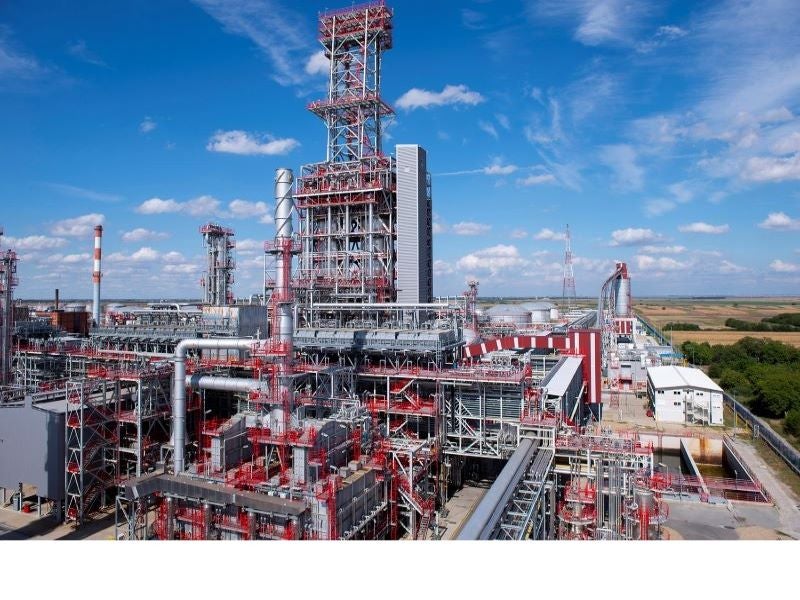The Pancevo refinery located approximately 26km away from Belgrade in Serbia has been operational since 1968. The current processing capacity of the refinery is 4.8 million tonnes a year (Mtpa).
The Pancevo refinery is owned and operated by Naftna Industrija Srbije (NIS) in which Russia’s Gazprom Neft holds the controlling ownership after acquiring a 51% stake in February 2009.
Gazprom Neft holds a 56.15% stake in the Belgrade stock exchange-listed NIS, while the Republic of Serbia holds a 29.87% stake.
The Pancevo refinery has continued to be modernised in phases ever since Gazprom acquired the majority stake in NIS.
As a recent development, a delayed coking unit complex at the refinery was brought into operation in November 2020.
Processing infrastructure at the Pancevo refinery
The various processing units at the Pancevo refinery site include atmospheric distillation, vacuum distillation, visbreaking, aromatics extraction, fluid catalytic cracking, alkylation, and sulphur recovery units.
The products of the refinery include petrol, diesel, aviation fuel, LPG, and bitumen.
Pancevo refinery modernisation
A mild hydrocracking and distillate hydrotreating (MHC/DHT) complex that was commissioned in 2012 to enable the production of Euro-5 fuels was the key project in the first phase of refinery modernisation. NIS invested more than £400m ($648m) in the first phase of modernisation.
Estimated to cost approximately 269m ($356m), the second phase modernisation of the refinery complex involved the construction of a deep refining complex based on delayed coking technologies. Commissioned in November 2020, the delayed coking unit at the refinery has a capacity of 2,000t a day.
The second phase modernisation is aimed at increasing the refining depth to 99.2% while boosting the light petroleum products yield to 84.6%.
Following the second phase of modernisation, the refinery will cease production of high-sulfur fuel oil and start the production of petroleum coke for the first time.
Separately, NIS is also upgrading the existing fluid catalytic cracker unit which is expected to be completed in 2024.
Contractors involved
McDermott International was awarded a technology contract for the upgrade of the existing fluid catalytic cracking unit at the Pancevo refinery in December 2019.
The contract scope includes the license and basic engineering for the Indmax FCC technology and a grassroots CDEtbe unit for the production of bioethanol based Ethyl Tertiary Butyl Ether (ETBE).
The Indmax FCC technology, jointly developed by Indian Oil Corporation and Lummus, enables the production of olefins and higher-octane naphtha. This is the first license for Indmax FCC technology, provided by Lummus Technology, in Europe.
Lummus Technology, a business unit of McDermott International, was jointly acquired by Haldia Petrochemicals Limited, a part of The Chatterjee Group, and investment funds affiliated with Rhone Capital in June 2020.
CB&I was awarded a contract for the engineering, procurement, and construction management of a delayed coker unit in the Pancevo refinery in December 2016. Earlier, CB&I was contracted to provide a technology license and front-end engineering and design (FEED) for the delayed coker unit.
CB&I was also earlier contracted for the detailed engineering, procurement, construction management, and commissioning services for the hydrocracker/hydrotreater unit and the associated support units, auxiliary, and offsite systems in October 2009.
The hydrocracker/hydrotreater unit at the refinery was licensed by Chevron Lummus Global.





